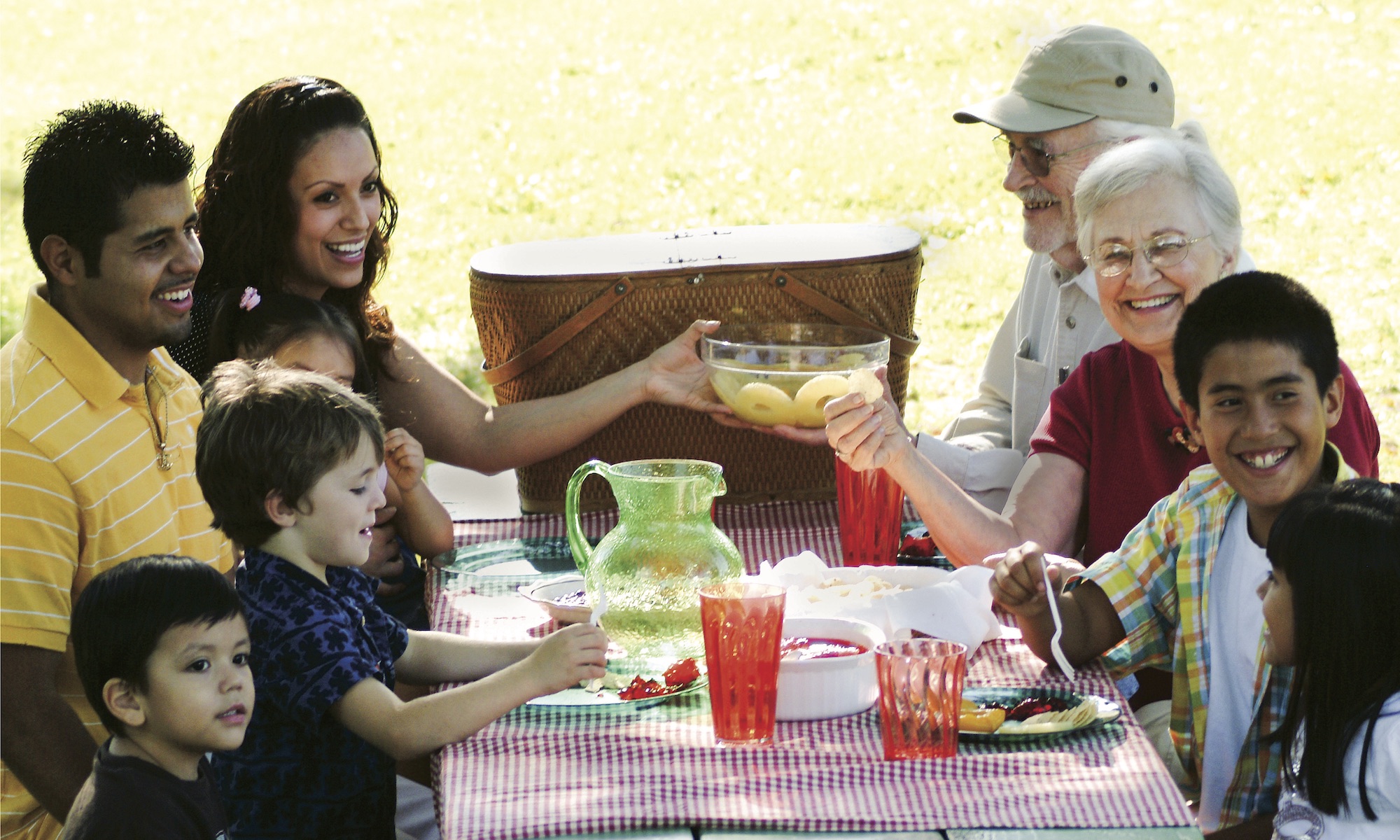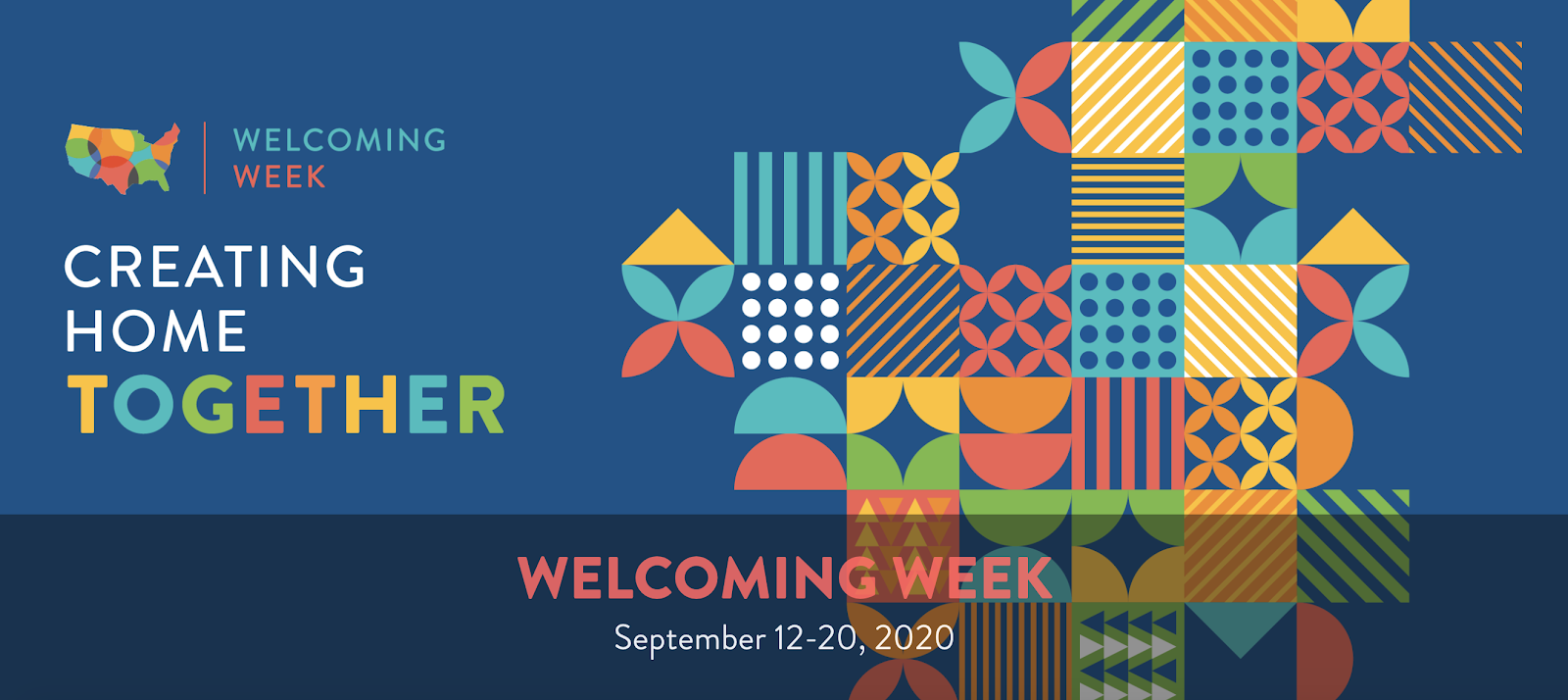Nebraska is Home is celebrated in Bridging Divides, Creating Community: Arts, Culture, and Immigration, a new publication highlighting the power that creative placemaking holds in creating an America where everyone can belong and thrive. The report explores how arts and artists, writers, musicians, and performers have long been and may increasingly be partners in helping to achieve community development goals. Continue reading “Nebraska Work with Arts and Immigrants featured in National Report”
Photos and videos from your Welcoming Week events
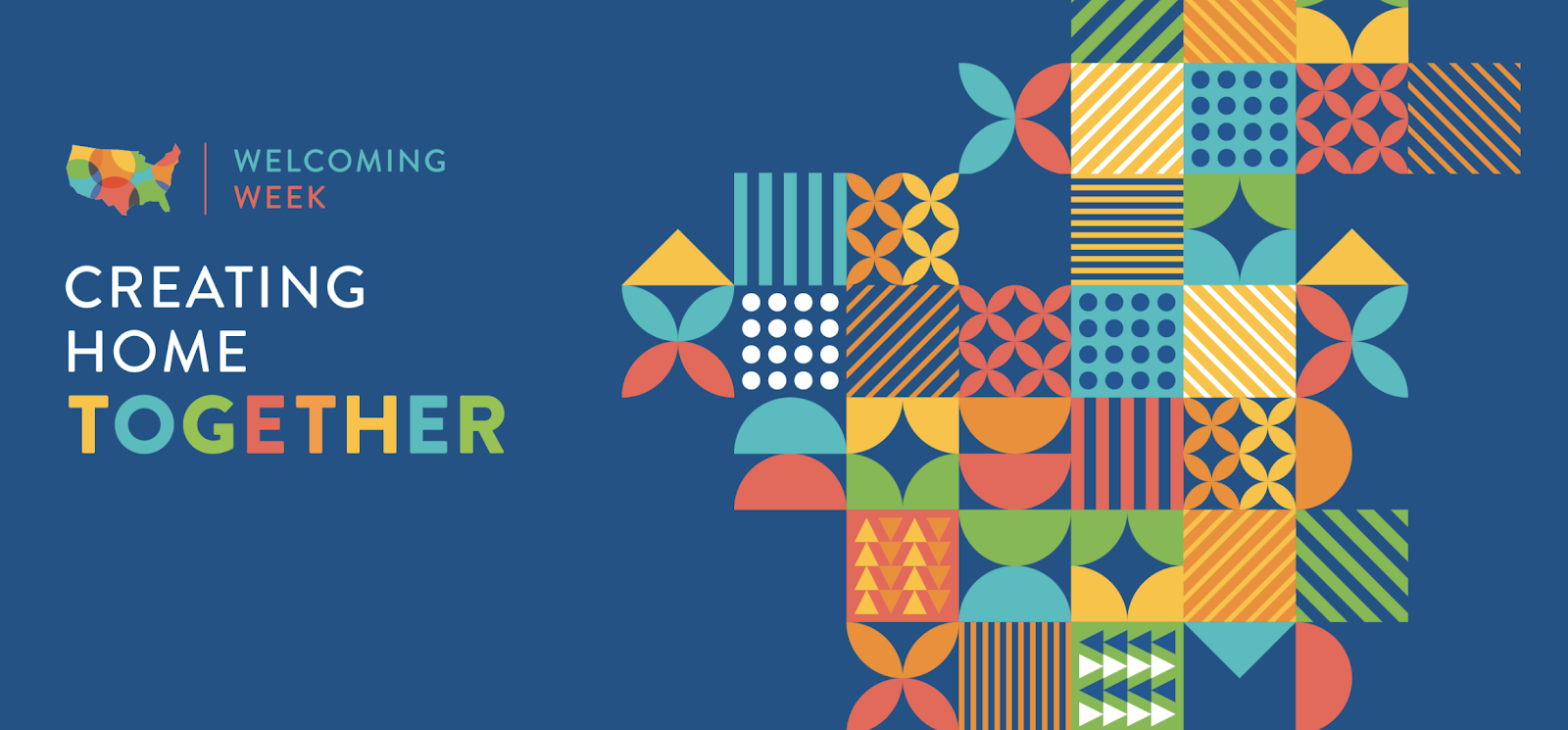 Cheers to a successful Welcoming Week!
Cheers to a successful Welcoming Week!
Welcoming Week 2020 helped us find new ways to bring people together across lines of difference to develop greater understanding and mutual support. This year, like no other, with COVID-19 and a divisive political climate, creative Welcomers across the state held Naturalization clinics, voter registration drives and even a drive-through tasting party of local ethnic foods. Continue reading “Photos and videos from your Welcoming Week events”
Celebrating Nebraska Immigrants: From Refugee Camp to Nebraska Nurse
This blog is written by Nebraska Appleseed summer intern Vivian P. Alvarado.
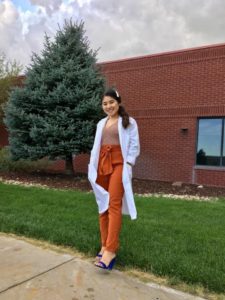 Haeler Paw, or as she prefers to be called Hae Paw, is originally from a refugee camp in Thailand. She immigrated to the United States in June, 2012. Because Haw Paw already had some siblings living in Nebraska she decided to relocate close to her family. Hae Paw was welcomed by a social worker with Lutheran Family Services when she arrived at the airport in Nebraska. Not only did the social worker welcome her, she also worked with Hae Paw for months to help facilitate her adaptation to the new culture and language. Continue reading “Celebrating Nebraska Immigrants: From Refugee Camp to Nebraska Nurse”
Haeler Paw, or as she prefers to be called Hae Paw, is originally from a refugee camp in Thailand. She immigrated to the United States in June, 2012. Because Haw Paw already had some siblings living in Nebraska she decided to relocate close to her family. Hae Paw was welcomed by a social worker with Lutheran Family Services when she arrived at the airport in Nebraska. Not only did the social worker welcome her, she also worked with Hae Paw for months to help facilitate her adaptation to the new culture and language. Continue reading “Celebrating Nebraska Immigrants: From Refugee Camp to Nebraska Nurse”
Celebrating Nebraska Immigrants: Two Cultures in One Chile Relleno
This blog is written by Nebraska Appleseed summer intern Vivian P. Alvarado.
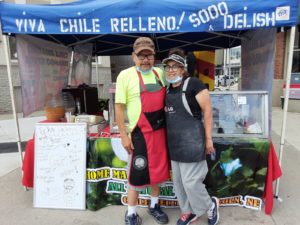 Patricia Vazquez Leyva and her husband Antonio de la Rosa own Durango Style, a food stand in Lincoln’s Haymarket. They immigrated to the United States at different times and their stories and experiences are different. Yet, they both immigrated to the United States to give their son the best education and opportunities. Continue reading “Celebrating Nebraska Immigrants: Two Cultures in One Chile Relleno”
Patricia Vazquez Leyva and her husband Antonio de la Rosa own Durango Style, a food stand in Lincoln’s Haymarket. They immigrated to the United States at different times and their stories and experiences are different. Yet, they both immigrated to the United States to give their son the best education and opportunities. Continue reading “Celebrating Nebraska Immigrants: Two Cultures in One Chile Relleno”
Welcoming Week continues! See recordings from previous events and don’t miss what’s coming next!
Welcoming Week is here, and already we’ve seen some amazing events across the state in celebration of this year’s theme, “Creating Home Together.” It has been truly inspiring to watch neighbors gathering together within virtual and digital spaces, to get to know each other, learn something new about a culture that’s different from their own, and celebrate the values that unite us as a community. Continue reading “Welcoming Week continues! See recordings from previous events and don’t miss what’s coming next!”
What’s happening on Welcoming Week in your community?

Welcoming Week is a chance for neighbors — both immigrants and U.S.-born residents — to come together, get to know one another, and celebrate what unites us as a community!
This year’s theme for Welcoming Week is “Creating Home Together.” Home is not just a house — it’s any place where you feel safe and accepted: in your neighborhood, in your community, or at school or work. In this pandemic, we may be redefining where home is, what makes us feel at home, or how to make home a more inclusive and equitable place for all. This Welcoming Week, let’s build home in new ways through virtual spaces, digital sharing, and being together even when we’re apart! You can participate in events happening locally, across the state, and across the country!
Continue reading “What’s happening on Welcoming Week in your community?”
Welcoming Week: Creating Home Together

Welcoming Week is September 12th-20th and we’re ready to help you plan how you’d like to participate! Each year, Welcoming Week is a chance for neighbors — both immigrants and U.S.-born residents — to come together, get to know one another, and celebrate what unites us as a community.
Dakota County Community Leaders Come Together to Talk About Race
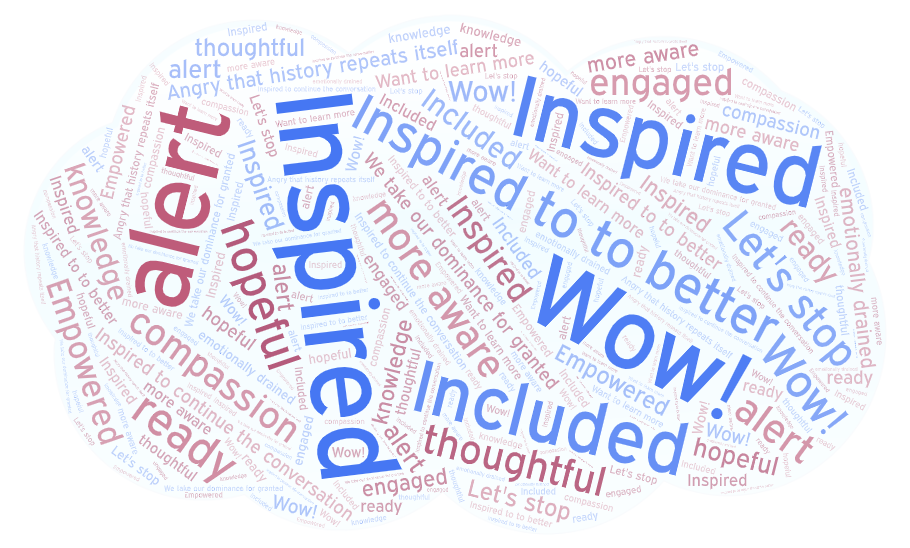
In July, Nebraska Is Home partnered with Dakota County’s own Unity in Action and One Siouxland to host a virtual community conversation about race and the system of inequity using the video series, Cracking The Codes. Leaders across many different sectors and backgrounds–educators, librarians, city officials–came together to talk about how race affects us in our daily lives. Members of the community shared their personal stories and experiences in a way that was both vulnerable and powerful.
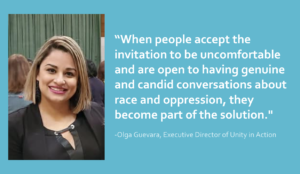 Olga Guevara, Executive Director of Unity in Action reflected on her experience at the event, noting:
Olga Guevara, Executive Director of Unity in Action reflected on her experience at the event, noting:
We were truly inspired by Dakota County community leaders’ willingness to become part of the solution, and we are eager to help others have conversations about racial equity with additional groups of friends, family, and coworkers too!
What is Cracking The Codes, you ask? It’s a powerful tool for engaging in community dialogue that is meant to help deepen the local and national conversations on race. It helps groups to examine some of the causes and consequences of racism, and to ask themselves how the system of inequity shows up in their schools, at work, and in their neighborhood.
If you’re interested in hosting a conversation in your community, school, or faith group, let us know. We’d be happy to connect you with this great resource and help you facilitate the discussion. Just reach out to us:
-
- Christa at cyoakum@neappleseed.org / 402-890-5662
- Khenda at kmustafa@neappleseed.org / 402-540-8407
We’ll say it again. Black Lives Matter.
We must be actively non-racist.
It is not enough to be concerned. It is not enough to be tolerant. It is not enough to consider yourself not racist.
Again. Again we witness an unarmed Black man shot by police and the effects have rippled through the country.
This past Sunday, when Kenosha, Wisconsin police shot Jacob Blake multiple times in the back and that graphic video showed up in all of our social media accounts, we were reminded that little has changed since our communities rose up in protest following George Floyd’s murder by police in Minneapolis. Still reeling from that grief, we are concerned about the trauma experienced by Jacob Blake’s sons who witnessed the shooting, the trauma felt by the people who caught the incident on camera, and certainly the physical and emotional trauma Jacob Blake has and will continue to experience as he heals. And we are also concerned about continued trauma to our country.
At the beginning of the summer we saw protests across our nation and across our state. Not only in Omaha and Lincoln but also in McCook, South Sioux City, and in Harvard community members came out to say “Black Lives Matter” and to call for meaningful police oversight and investing in community supports.
The solidarity, the increased awareness of inhumane systemic inequities, gave many of us hope. We are not naive to the amount of time and work it takes to achieve racial justice, but we cannot be the country we idealize as the “land of opportunity” when Black people fear for their lives everyday. We cannot consider ourselves Welcoming or inclusive while policies and laws continue to harm our Black and brown neighbors, generation after generation.
Yet, here we are again.
It is not enough to be concerned. It is not enough to be tolerant. It is not enough to consider yourself not racist. We must be actively non-racist. We must not only have the hard conversations, we must denounce racism and we all need to take responsibility for creating systemic change.
Here’s how you can learn more, engage with your co-workers, faith group, friends and neighbors.
-
- Cracking the Codes Let us know if you’d like help facilitating a virtual conversation with this video series. No cost. We are glad to share this interactive resource and facilitate a training that works for your group.
- Race Forward is a convening that takes place every two years and this year is available to a broader audience as it goes virtual. There are varied levels of registration costs.
Additional resources for your own learning and tools for talking with family, friends, and neighbors:
-
- America Needs All of Us (Welcoming America) – a toolkit for messaging about race, bias, and change
- Ten Lessons for Talking About Race, Racism and Racial Justice (Opportunity Agenda)
- Profile of Othering & Belonging Institute Associate Director Denise Herd’s work linking COVID-19, racism, and police violence – analysis to inform statements (UC Berkeley)
- NAACP
- Black Lives Matter
- Responding to Everyday Bigotry – Southern Poverty Law Center
- America Needs All Of Us (a tool kit for talking about race and unconscious bias)
- Black and Pink – Unpacking Solidarity Toolkit
Support, donate, volunteer with local organizations:
-
- NAACP Lincoln Branch, NAACP Omaha Branch
- YWCA Lincoln, YWCA Grand Island or YWCA Adams County
- The Malone Community Center
- Malcolm X Memorial Foundation
- OutNebraska
- Inclusive Communities
- Multicultural Coalition of Grand Island
- One Siouxland
- Culxr House
- Union for Contemporary Arts
- Black and Pink
- Cultural associations across the state
- Join the social justice committee of your faith group.
What is going on in your community? Share your favorite tools and local organizations to combat racism and promote inclusion. We would like to hear from you. You can contact me at cyoakum@neappleseed.org or (402) 438-8853 ext 114.
Christa Yoakum
She/Her/Hers
Senior Welcoming Coordinator
Nebraska Is Home
Celebrating Nebraska Immigrants: Meet Cassandra.
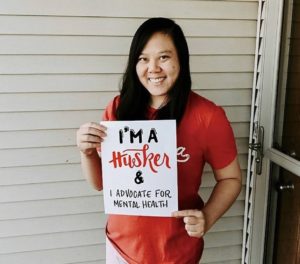 At Nebraska Is Home we know that vibrant communities are ones in which people from all different backgrounds respect and celebrate each other’s values and talents. In celebration of June Immigrant Heritage Month, we began sharing stories from some of the immigrants who bring vitality and passion to Nebraska. There are so many wonderful immigrants and refugees that call Nebraska home, that we’re continuing this series throughout 2020!
At Nebraska Is Home we know that vibrant communities are ones in which people from all different backgrounds respect and celebrate each other’s values and talents. In celebration of June Immigrant Heritage Month, we began sharing stories from some of the immigrants who bring vitality and passion to Nebraska. There are so many wonderful immigrants and refugees that call Nebraska home, that we’re continuing this series throughout 2020!
Meet Cassandra Leow, a proud immigrant from Malaysia who is currently pursuing her PhD at the University of Nebraska-Lincoln and providing mental health support to those impacted by COVID 19.
This blog is written by Nebraska Appleseed intern Abby Chan. Abby caught up with Cassandra for a fun interview and shares some of what she learned in this blog:
Cassandra Leow immigrated to the United States from Malaysia in August of 2016 to pursue higher education. At first, she was surprised and felt challenged by many things that were different from her hometown:
“Having a 13 to 14 hour time difference was a challenge; having previously spent all my time with family–even going to movies with them during the weekends– to being all by myself suddenly and not having much contact was incredibly difficult.”
But soon after starting school at the University of Nebraska-Lincoln (UNL), she began to find her second home. Cassandra felt welcomed by the community at UNL:
“Everyone was so thoughtful and welcoming. They were curious about my culture and did their best to understand it. During the holidays such as Thanksgiving or Christmas, they would reach out to me and invite me to join them, so I would not feel alone. It was then that I knew that I was going to be just fine in the US.”
Many UNL professors and staff gave Cassandra a home away from home, and she could not be more thankful. She also keeps her hometown traditions alive by celebrating with new friends in the U.S. and sharing her culture with them through finding local places that provide food, decorations, and items that make her home in Nebraska feel like Malaysia.
Cassandra is proud to be an immigrant as it not only gives her a different perspective on issues in her community, but also allows her to connect with a lot of people. The resilience that she gained through experience has pulled her in ways she never thought was possible.
Cassandra reflects on her years in Nebraska so far as a great learning experience. She has not only learned a lot academically, but also culturally and spiritually. She feels that she’s grown as a person and as a professional:
“The last time I spoke to my family and friends, they pointed out how different I was — which is a testament to my growth. As challenging and stressful as it has been, I wouldn’t change a thing! I continue to be grateful for the things I have learned and seize every opportunity presented to me.”
When faced with the COVID-19 pandemic, Cassandra recognized the severe effects it has on the mental health of her fellow community members and saw an opportunity to help. She joined 30 other local health professionals to set up a free service for people to safely talk about their fears and concerns, and to receive tips on how to deal with excessive amounts of stress.
“I love being able to help people by offering emotional support. I feel energized when I’m able to empower people to challenge themselves to make better choices and lead more meaningful lives.”
We thank you Cassandra for your willingness to share your story!
